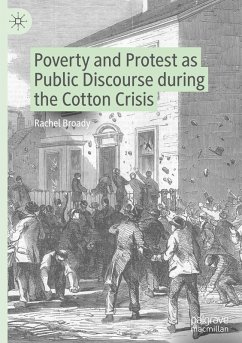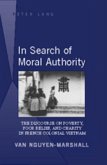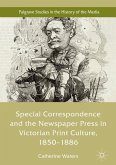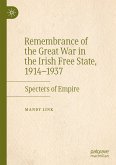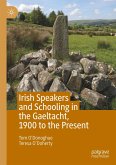This book constitutes the first book-length study of journalistic responses to poverty and protest during the Lancashire cotton crisis. The cotton crisis of 1861-1865 is a popular subject in history, culture and education. Workers' voices are comprehensively studied in terms of newspapers publishing fiction and poetry, and the broader political response to the crisis, the American Civil War and British workers' support of Lincoln's Emancipation Proclamation. They are, though, overlooked in terms of journalistic representation of workers. Ironically, discussions of the cotton crisis, including where efforts are made to assess the workers' experience, have consistently relied upon journalism as primary sources and the first witness of history without assessing the news copy's political unconscious. This lack of attention is especially apparent when considering workers challenging poverty through dedicated protest. Amid the celebrated workers' opposition to slavery, and their 'sublime heroism' as noted by American President Abraham Lincoln, there were less studied local struggles for financial help, for education, and for the vote.
Bitte wählen Sie Ihr Anliegen aus.
Rechnungen
Retourenschein anfordern
Bestellstatus
Storno

